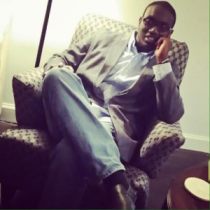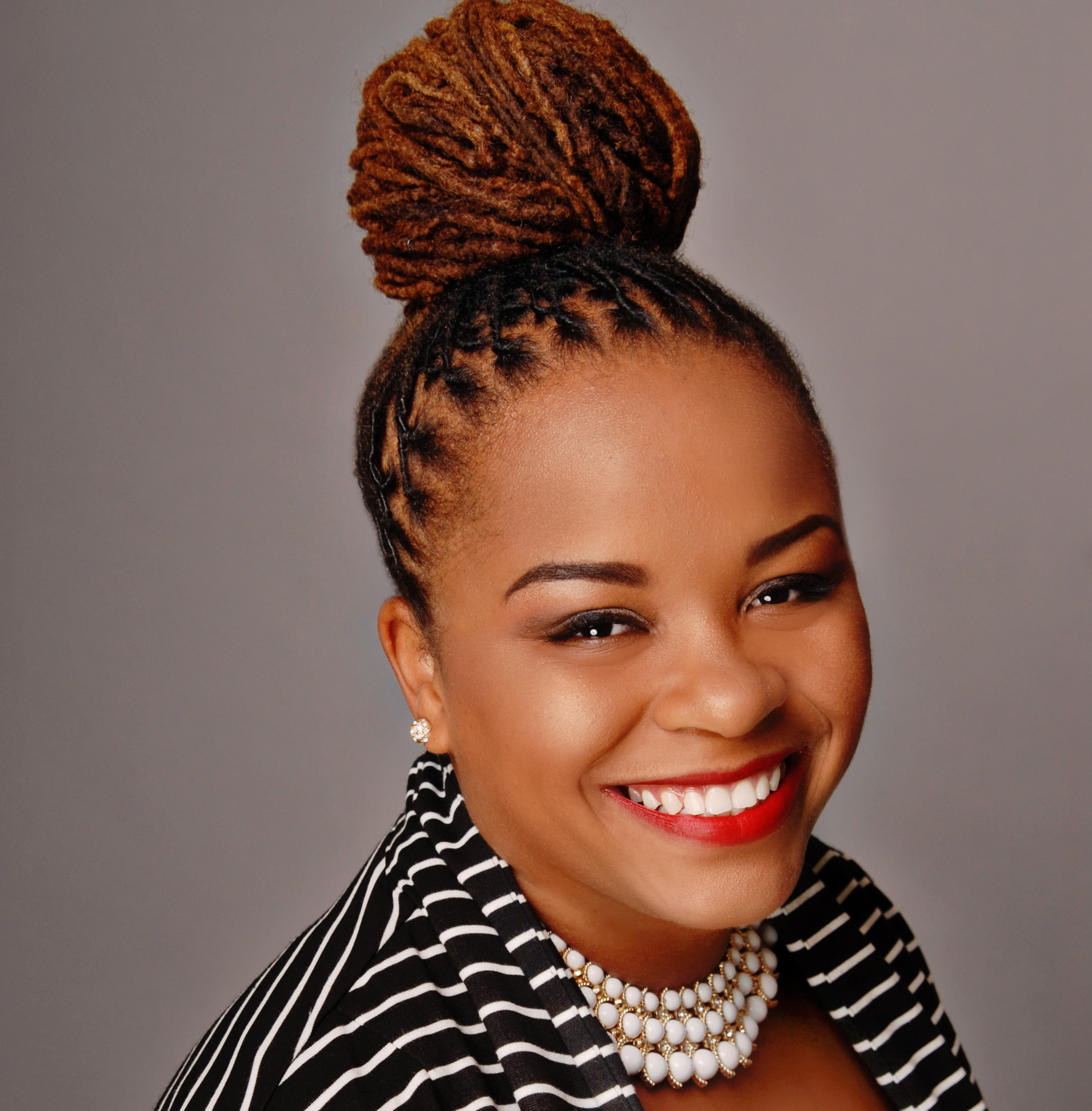The polluted understanding of biblical narratives and scriptures have led to the social control over an entire community– or at least so it seems. Behooved into thinking that it is correct to exclude a group of people from civil rights for the sake of believing that their actions are a sin toward God
There is one biblical evidence that people tend to use most to substantiate the sin of a group of people. Many people of faith have developed systems of thought around these scriptures thinking that God opposes alternative lifestyles. Leviticus 18:21 says, “You shall not lie with a male as with a woman, it’s an abomination.” Also, Leviticus 20:13 says, “If a man lies with a male as with a woman, both of them have committed an abomination; they shall be put to death, their blood is upon them.” (NRSV)
I have heard these words too often, “Homosexuals are going to hell.” First, we must establish that every scripture ever written in the Bible was written under some form of oppression. It is Roman, Assyrian, Egyptian, Babylonian or Israelitian. The Bible, at best, must be interpreted through a lens that liberates the characters in the scriptures that are oppressed. If the Bible has less to do with liberation Blacks, queers, or any oppressed group do not have the ability to transcend dehumanization and be treated with fair civil amenities. Old Testament scholar, Walter Brueggemann, writes in “An Introduction to the Old Testament: The Canon and Christian Imagination”
As a result it is doubtful if these two particular verses (18:22 and 20:13) of prohibition can be taken out of context when it is generally acknowledged that the wider holiness “system” advocated here is not pertinent in contemporary Christian faith. It seems unlikely that this single prohibition can be extracted from a wider notion of holiness of a ritual kind to the neglect of the rest of the system. (pg. 71)
In essence, interpreters of the holy scriptures have become people that have adopted only parts to the holiness system. How could interpreters of the Bible give ecclesiastical weight to one law that was adopted into the holiness code but not give weight to the whole code? Interpreters have condemned homosexuality but have not condemned: the trimming of beards (19:27), mistreating foreigners (19:33-34), the priest shall not go where there is a dead body (21:11), working on the Sabbath (23:3), and selling land permanently (25:33). The Hebrew Bible notates all of these are offensive acts and yet we as a faith community decide to adopt one single law out of another community’s law thousands of years ago. Does this law out of the holiness code work for us in the 21st century?
Furthermore, the context of this Levitical text shows that Levitical writers wrote this text to control the land and procreate. They were concerned about the act of sex between two males rather than the being of a homosexual. This law was a law that the Levitical writers used to assert force over the inhabitants of the land and to live out being “fruitful and multiplying”. What did God have to do with this sacred text? Was this what God said or what Israel said God said? How could we use the Bible to pick and choose scriptures that oppress an entire community? It is quite clear that we let a fragmented understanding of the scriptures justify the means of social control, domination, and degradation towards the LGBTQ community. Let’s subvert the oppression of the LGBTQ community by reading the scriptures with liberating eyes. God must never be used to co-sign bigotry and oppression. My God is not a bigot!
 A native of Middletown, Connecticut Robert Hoggard is a senior at American Baptist College. After he completed his freshman year, he preached and participated in missionary work in Saint Thomas, Anguilla, Saint Kitts, Antigua, Barbuda, Dominica and Trinidad. A staff writer for HBCU Buzz and a blogger on Huffington Post, he has authored publications on poverty, gun violence, racism, voter suppression, tuition reform, the state of HBCUs and criminalization of young black men. Through the Chi Boule Social Action scholarship, he is the founding president of the American Baptist College affiliate of the Southern Christian Leadership Conference. Longtime activist, Medal of Freedom Award recipient, and author, the Reverend Dr. C.T. Vivian said of him: “I wish I was doing some of the things that he was doing in undergraduate school, while I was in undergraduate school in the 60s.”
A native of Middletown, Connecticut Robert Hoggard is a senior at American Baptist College. After he completed his freshman year, he preached and participated in missionary work in Saint Thomas, Anguilla, Saint Kitts, Antigua, Barbuda, Dominica and Trinidad. A staff writer for HBCU Buzz and a blogger on Huffington Post, he has authored publications on poverty, gun violence, racism, voter suppression, tuition reform, the state of HBCUs and criminalization of young black men. Through the Chi Boule Social Action scholarship, he is the founding president of the American Baptist College affiliate of the Southern Christian Leadership Conference. Longtime activist, Medal of Freedom Award recipient, and author, the Reverend Dr. C.T. Vivian said of him: “I wish I was doing some of the things that he was doing in undergraduate school, while I was in undergraduate school in the 60s.”














